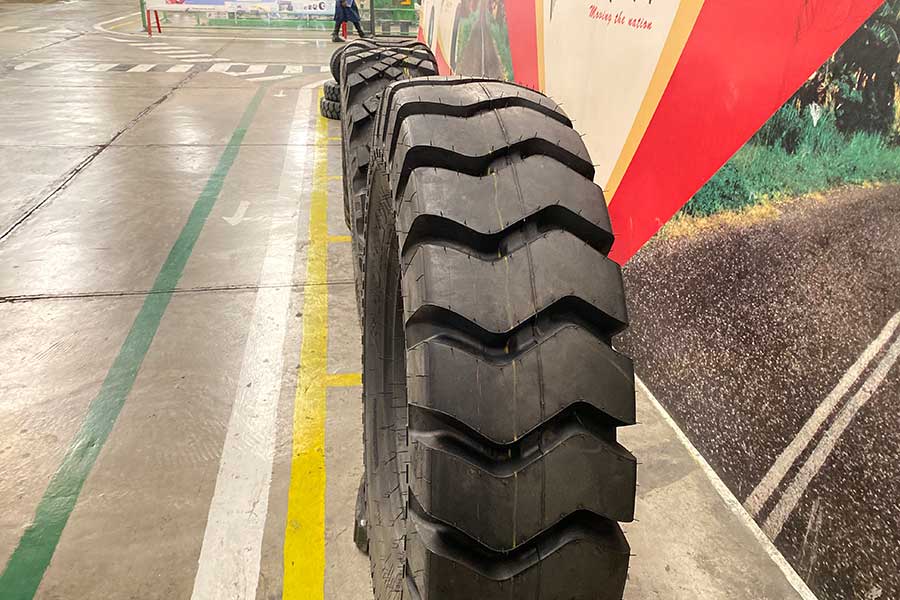
Radar | Jun 01,2019
Solomon Tafese, a resident of Addis Abeba in his early 50s, always wanted a house of his own. Despite the multiple promises of successive City Administrations to address the housing demand, his dreams have still not come true.
The father of two is a chauffeur for a Chinese company and lives in a one-bedroom apartment he rented three years ago in Summit, southeast Addis Abeba. He pays 3,600Br for the housing unit on top of covering the utility bills.
Like many of the capital’s residents, he registered for condominium housing with the Addis Abeba Housing Development Project Office 14 years ago. He deposits 561 Br at the Commercial Bank of Ethiopia (CBE) as an installment each month. Since 2005, he has saved 60,000 Br for the lower-income housing scheme.
“Even though I have a lot of expenses supporting my family, I never failed to save the money in the hopes of owning a condo one day,” he said. “But now I am losing hope, because I don’t see positive indications that I will have a chance to win a condo.”
Others that registered and had started saving were even less optimistic of their chances to become homeowners through the City Administration’s housing projects.
Sentayew Birhanu, 32, is one of them. An employee of Gulf Pharmaceutical Industries, which is located in Gerji Jakros, he used to pay 2,300Br to rent a one-room house. Hoping to own his own house, he registered for condominium housing in 2012 for a three-bedroom house under the lower-income housing scheme and began depositing 500 Br on a monthly basis.
After five years of depositing, he lost all hope of ever getting a house and decided to withdraw the 14,000 Br he saved at the Bank as installments.
Koye Feche is one of the sites where thousands of condominium units are under construction for middle and low-income residents.
“I can use the money for other things,” he says. “I don’t regret withdrawing my money.”
Out of the city’s estimated 3.6 million residents, 835,000 have registered for condominium housing since 2005. Only about 176,000 though have received houses thus far. Just last fiscal year, the City Administration identified over 51,000 winners of housing units under its middle and lower-middle-income housing schemes, which led to controversies as a result of the administrative demarcation between the Oromia Regional State and Addis Abeba.
The City Administration began the construction of the condominiums with the aim of housing the lower-income segment of the society, to create job opportunities, make the city suitable for living and change its image.
The first condominium houses were built in Gerji, Bole District, within a year. To date, 182,388 housing units have been completed. Housing projects in Ethiopia have involved more than 12,000 small and micro-enterprises and over 2,000 contractors. They have also created more than a million jobs in the last 13 years.
Currently, there are 3,343 condominium blocks with 94,114 housing units under construction, and some of them are expected to be completed this fiscal year. The city spends close to 10 billion Br every year on housing projects.
“There is a high demand for homes, but we can’t meet it,” said Gashaw Tefera, communication affairs head at Addis Abeba Housing Development Project Office.
Shortage of input materials, vague administrative demarcations, finance, capacity of contractors and the shortage of forex are forwarded as the main challenges to meeting the housing demand. Despite these obstacles and the construction delay of earlier condominiums, the City Administration is committing itself to even more projects.
Two weeks ago, Deputy Mayor Takele Uma inaugurated a new housing project - the construction of 20,504 units over nine of the districts of the capital. To occupy 69ha of land, the project is expected to create job opportunities for over 52,000 people and will include 174 blocks strewn across the city.
Planned to be finished within two years, the project will cost the city 56 billion Br. Unlike earlier projects that were located away from the city centres, this one will be situated in the heart of the capital. The reason for this has been to ensure that the social lives of residents will not be disturbed.
This project will also be different from earlier ones in that the City Administration will not be providing construction inputs to the 174 contractors that will be hired for each condominium block.
Once the construction bids are awarded, contractors will be responsible for handling the procurement of construction materials such as cement and metal bars. This was to combat corruption and waste that is committed when the City Administration itself used to procure construction materials for contractors, according to the Deputy Mayor.
In the long-term, the City Administration forsees 500,000 additional homes for the residents of the capital. Out of these, 150,000 will be built by the City Administration.
The rest will be built by private players in the real estate sector, which has about 630 real estate firms with a total investment capital of 3.5 billion Br. In the last decade, the real estate sector contributed around 12.5pc to domestic growth. Incomes generated by the real estate market have been growing at an average rate of 14.1pc annually.
Housing projects have not been limited to Addis Abeba. Tigray, Amhara, SNNPR and Oromia regional states have implemented similar condominium projects. The Oromia Urban Development & Housing Bureau, which has 155 employees, began the construction of homes 13 years ago in 16 towns of the region and built 21,000 condominium units, which have benefited 88,000 people.
Out of the total budget of 386.9 billion Br this year, the nation allocated 56.6 billion Br to urban development and construction.
Berhanu Zeleke (PhD), lecturer at Kotebe Metropolitan University and an expert in urban development studies, believes that the main obstacle to meeting housing demand is not policy but a lack of good administration.
“Almost all construction projects are delayed because of insufficient follow up by the government,” said Berhanu. “If they don't solve the problem of lack of good administration and corruption, they can’t address the demand.”
Solomon continues to deposit 561 Br every month at CBE in the hope of one day becoming a homeowner.
“I will get the house if a miracle occurs,” he says.
PUBLISHED ON
Nov 09,2019 [ VOL
20 , NO
1019]

Radar | Jun 01,2019

View From Arada | Oct 26,2024

Sunday with Eden | Apr 06,2024

Radar | Oct 03,2020

Fortune News | May 04,2024

Fortune News | Feb 15,2020

Radar | May 07,2022

Advertorials | Sep 05,2024

Radar | Apr 13,2019

Radar | Sep 28,2019

Dec 22 , 2024 . By TIZITA SHEWAFERAW
Charged with transforming colossal state-owned enterprises into modern and competitiv...

Aug 18 , 2024 . By AKSAH ITALO
Although predictable Yonas Zerihun's job in the ride-hailing service is not immune to...

Jul 28 , 2024 . By TIZITA SHEWAFERAW
Unhabitual, perhaps too many, Samuel Gebreyohannes, 38, used to occasionally enjoy a couple of beers at breakfast. However, he recently swit...

Jul 13 , 2024 . By AKSAH ITALO
Investors who rely on tractors, trucks, and field vehicles for commuting, transporting commodities, and f...

Jun 28 , 2025
Meseret Damtie, the assertive auditor general, has never been shy about naming names...

Jun 21 , 2025
A well-worn adage says, “Budget is not destiny, but it is direction.” Examining t...

Jun 14 , 2025
Yet again, the Horn of Africa is bracing for trouble. A region already frayed by wars...

Jun 7 , 2025
Few promises shine brighter in Addis Abeba than the pledge of a roof for every family...